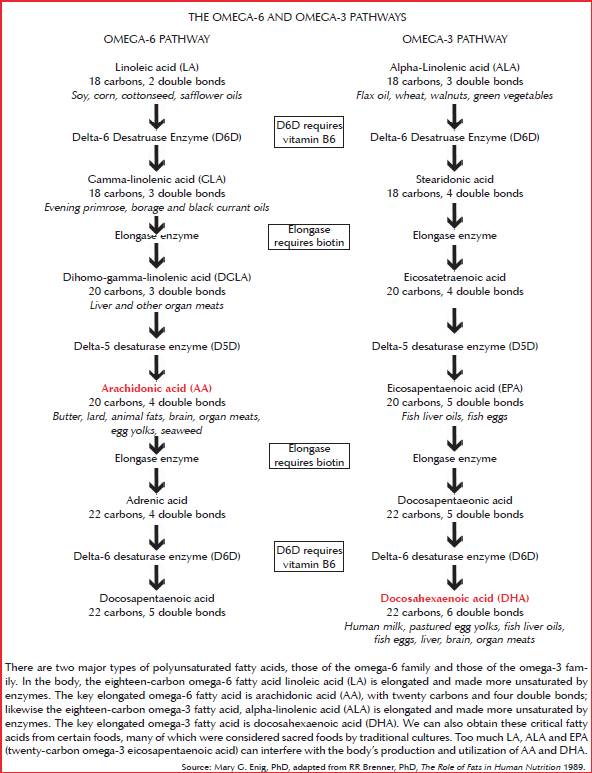I think people who worry about this should get a calcium heart scan.
I would consider having a coronary calcium scan if there were a course of treatment proven to reverse coronary artery calcification. To my knowledge, there is no clinical evidence of such.

















